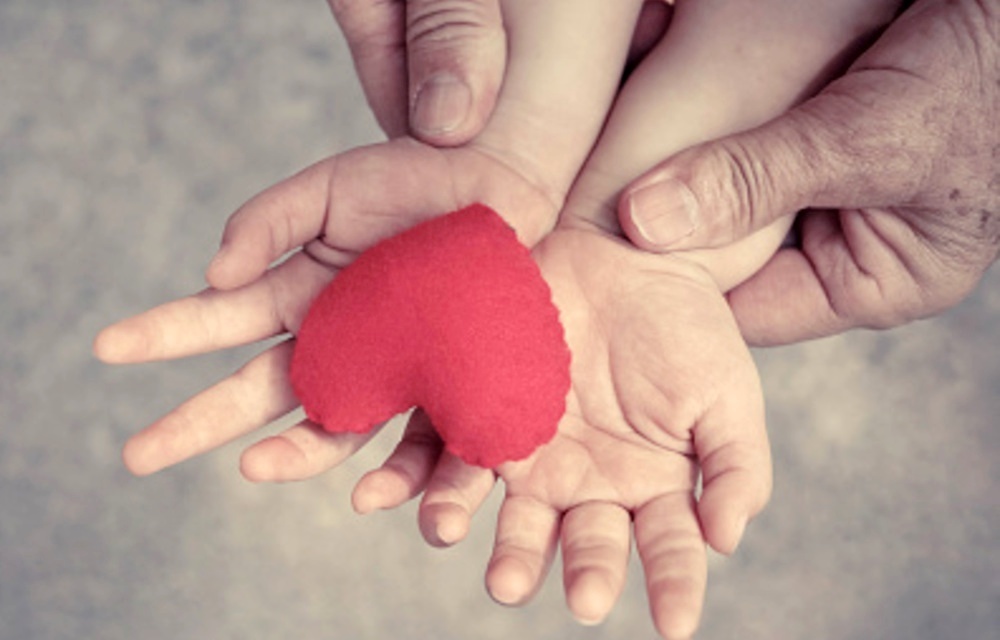
Bullying, violence and other adversities witnessed or experienced by children and teens are likely to take a toll on their cardiovascular health, increasing chances of disease in adulthood, according to the American Heart Association (AHA).
AHA recently published the statement in its own journal, Circulation, based on current published findings suggesting a link between childhood emotional hardships and the onset of obesity, high blood pressure, Type 2 diabetes and more in adult years, according to a release.
When children or teens compensate for stressful experiences in unhealthy ways such as overeating, they run the risk of extra health complications, the release said.
“The real tragedy is that children are exposed to these traumatic experiences in the first place,” Shakira Suglia, statement co-author and associate epidemiology professor at Emory University, said in the release. “We are talking about children and teens experiencing physical and sexual abuse and witnessing violence. Sadly, the negative consequences of experiencing these events [don’t] end when the experience ends, [but last] many years after exposure.”
Adversity is defined as events perceived by children as a threat to their physical or mental well-being or family safety and may include bullying by peers; domestic violence; abuse; neglect; poverty; separation or divorce; or death and factors such as neighborhood safety levels, homelessness or discrimination, the release said.
Although not everyone exposed to adversity develops heart maladies -- much depends on genetics, environment, and cultural influences -- AHA said that further research is needed, especially since no national guidelines yet exist.